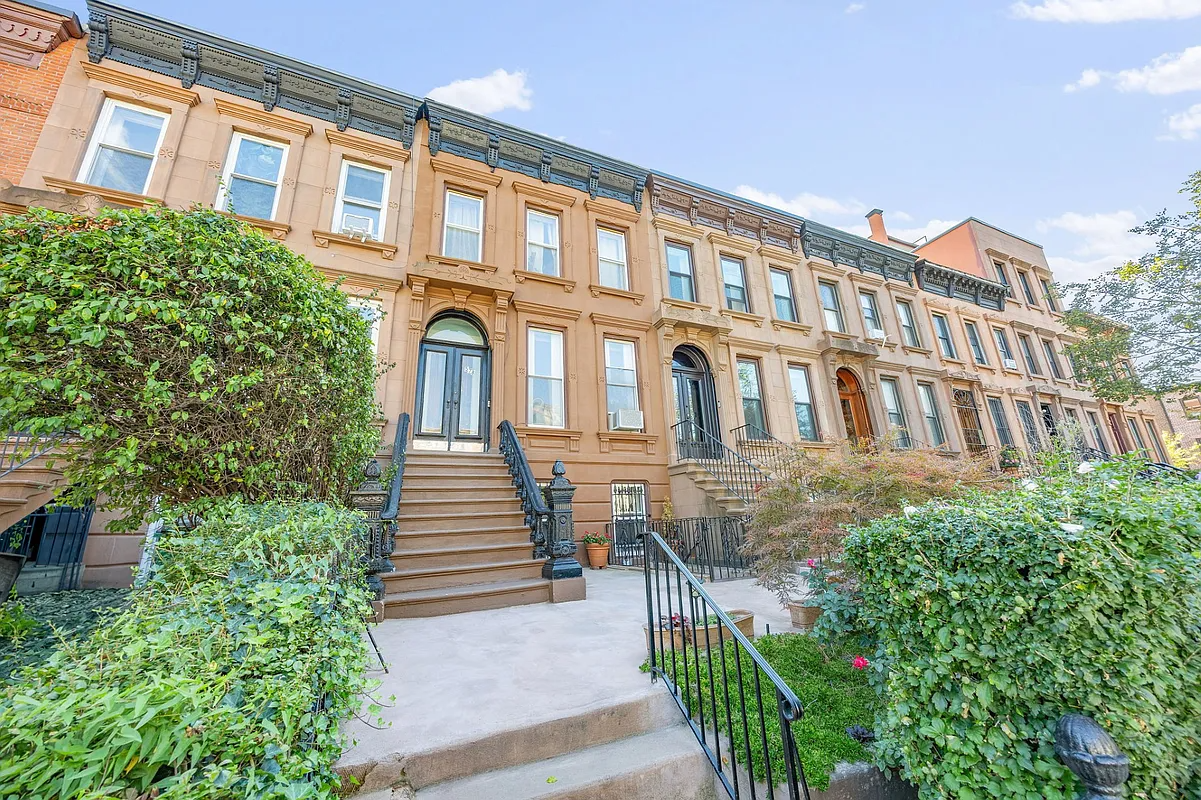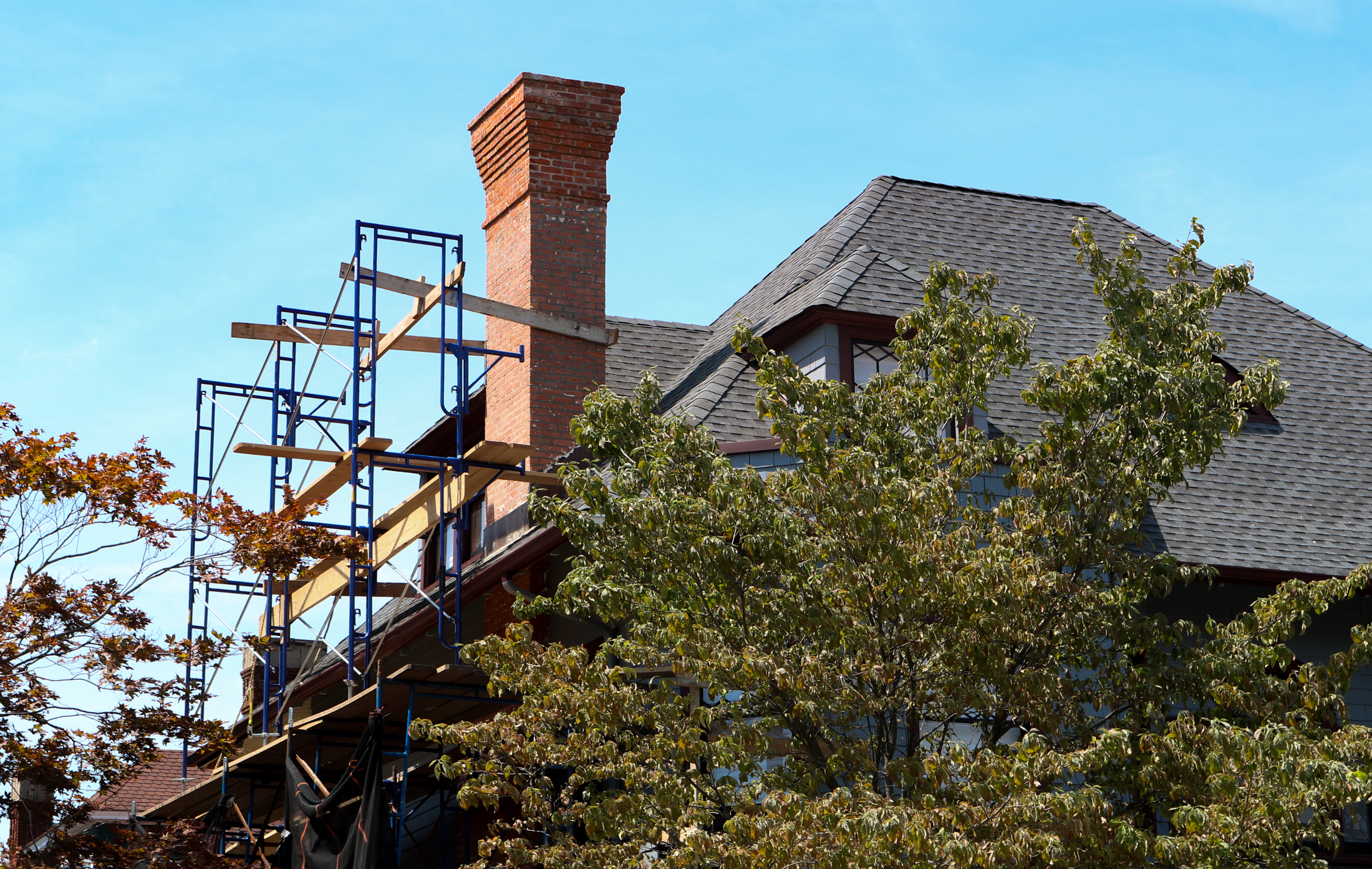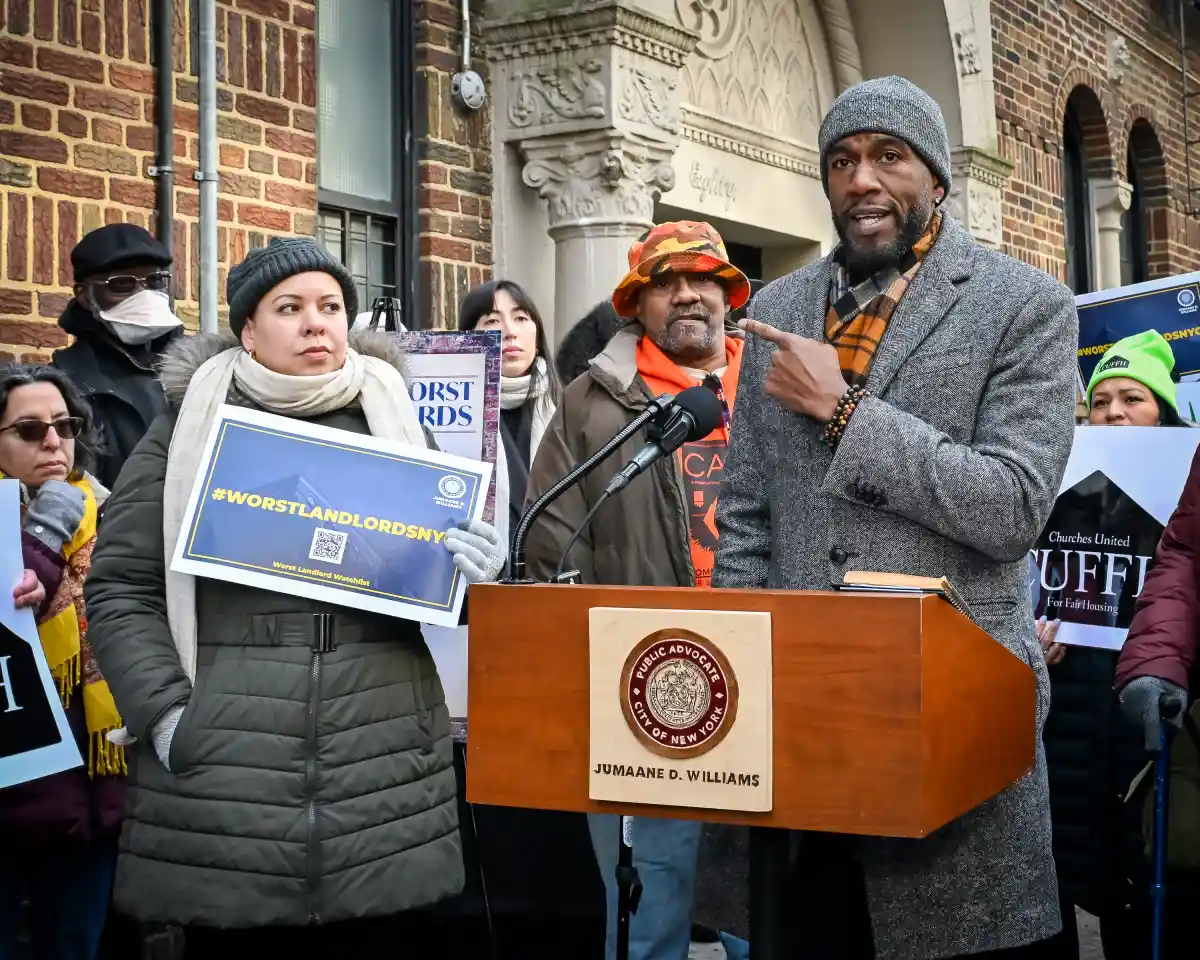Greenspan: Housing Boom Is An Imbalance
August 26, 2005, CBS Marketwatch — In his sharpest words to date about rising home prices, Fed chief Alan Greenspan described the housing boom as an economic imbalance that could end badly for the economy. In prepared remarks to the Jackson Hole Fed policy conference, Greenspan said high home prices were due in part to…
August 26, 2005, CBS Marketwatch — In his sharpest words to date about rising home prices, Fed chief Alan Greenspan described the housing boom as an economic imbalance that could end badly for the economy. In prepared remarks to the Jackson Hole Fed policy conference, Greenspan said high home prices were due in part to low risk premiums demanded by investors. Such increases in asset values “are too often viewed by market participants as structural and permanent.” “History has not dealt kindly with the aftermath of protracted periods of low risk premiums.” Read his remarks. Greenspan warned asset values could fall if investors grow cautious and demand higher interest rates. “What they perceive as newly abundant liquidity can readily disappear,” Greenspan said. “Any onset of increased investor caution elevates risk premiums and, as a consequence, lowers asset values and promotes the liquidation of the debt that supported higher prices,” Greenspan said. Greenspan said the flexibility of the economy is the most important policy asset in handling any shocks from a fall in asset values. He expressed optimism that the adjustments could be made gradually and a recession could be avoided.
Housing boom is an imbalance: Greenspan [MarketWatch]





Like “synonymous” I bought several years ago, so it’s NOT like I’m cheering for a bubble burst. A bust would send much of my net worth into smoke. I’m crossing my fingers that with Mr. Greenspan intent on continuing to raise the Fed Funds rate, some of what he calls froth will ease and his warning on risky lending practices is heeded. It would be great if housing prices were to rise in sync with incomes.
You were just in the right place at the right time when you bought 6 years ago.
I for one was very young and had no money 6 years ago. Now that I am ready and able to buy, I cannot afford anything that fits my medium to long term needs. Believe me, I (and many other would-be first time buyers I am sure) would really love to be able to buy even in this inflated market because yes if you look at this in a long time frame of 20-30 years, one will win buying versus renting. However, we just dont have the money and that is that and eventually the bottom will fall out of the market PARTIALLY because people like me cant buy.
As such I find your comments a bit disingenuous and insensitive.
Comparing the real estate market to the tech boom and bust is probably the most frustrating form of real estate bubble-speak. These two markets are completely and totally different. The machinations business journalists go through to fit a square peg in the round hole of their arguments are laughable. My favorite form of sidelining, though, has to be the wiggle room all you doom and gloomers give yourselves. “Check out the ARM holders in a few years.” In a FEW YEARS? Wow, you’re really going out on a limb. But you’re in good company. The economist in the Times article the other day who called the (you guessed it) dot-com bust predicted that some time in the next TWO YEARS we might see a big correction in real estate.
The sky is falling. The sky is falling. These posts take it even further: The sky (for them) has already fallen and it’s time to lay the blame somewhere.
Hey, Anon, here’s an August 24th headline: New Homes Sales Jump 6.5%
Renting is dumb. If you’re paying $2,000 a month on rent, you’re guaranteed to lose almost $100,000 over the next four years with no chance of ever turning your losses around. That money? She’s gone…
And I didn’t buy my apartment as an investment. I bought it because it’s a better place to live. Rental buildings are notoriously filthy and poorly maintained. No incentive for the renters to treat the property nicely. Not much incentive for the landlord to spend a lot on maintenance. What a bummer.
[BTW: NYC has the lowest percentage of investor-owned property in the country. See, I do read.]
We bought our place 6 years ago for $219K. Think I should have stayed a renter? Really think you should? Let’s talk about THAT in a few years.
suddenly brokers who would’nt return my calls are blowing up my email…hmmmmm…happening to others?
Synonymous, where were you during the tech boom and bust? Did you ever pick up a newspaper? Your arguments barely touch the surface.
“Has anyone heard of a mass of ARM defaults?” – Not yet, because according to most economists, the peak has hit this year. Check out the ARM holders in a few years, when their payments rise. Meanwhile, foreclosures are rising in many bubble markets.
“Have prices gone down in the last year?” – again, read. They’re starting to in a lot of “overvalued” places, and homes are sitting longer. Real estate is not like tech. This won’t happen overnight.
“..all those Volvo-driving, Platinum-card holding, new construction-condo owning yuppofiles are lining up to jump into the East River.” – many of those folks are rich, true, but ask how many of them put no money down on those condos and have IO or ARM mortgages – if there is a price correction and they have to sell, they make NOTHING. They have NO EQUITY. If they own, ask how many took out massive home equity loans to afford those goodies and have leveraged themselves to the hilt. Then ask them how much they have in their savings account – yes, real cash, which people seem to have forgotten about.
“I think a price correction could be good for NYC real estate. But a price correction is hardly an economic disaster… The slightest down tick in listing prices will bring the buyer masses back in droves…” – there will be some who think a small drop is great and we should see another surge of buyers. But remember that a lot of first time buyers will still be priced out, even with a slight correction (say 2-3%), because interest rates could keep rising. It’s how the mania works.
What I really love is that everyone thinks all renters have sour grapes. Some can well afford to buy into this market but have chosen not to because they are saving money instead (renting is still cheaper than buying in many places, including NYC). And there are a lot who cashed out and chose to rent.
Maybe all the talk is just talk, but only time can really tell, and when Greenspan is talking, you should listen. How long did the stock market crash after he indicated things were out of control?
“Sassy” wrote about the San Diego, CA market having gone from frenzied over-bidding to tumbleweed open houses and developers’ offers of free plasma screen TV’s in about 6 months. Maybe tough coop boards make that unlikely to happen in NYC, but even a moderate price correction won’t be a breeze if a homeowner (or flippers) has 0 equity, a zero or negative amortization loan, and is counting on continued sharp price increases year after year to make it all work.
I guess it was a joke, but it’s kind of unnerving to see an ultimate real estate “insider” like Barbara Corcoran move on. Now, we have Greenspan talking about the “froth” and “imbalance” of the current housing boom.
Take the blame? Take the BLAME??!!! For what? Nothing has happened. This is what’s so crazy about the media bubble about the real estate bubble: The gloom and doom predictions have been put forth for literally years now…but there hasn’t been a turnaround. Has anyone heard of a mass of ARM defaults? Have prices gone down in the last year? Or even flattened? No! But there are people writing about “blame”; as though all those Volvo-driving, Platinum-card holding, new construction-condo owning yuppofiles are lining up to jump into the East River. Wishful thinking? Sour grapes? The real estate rhetoric gets ever weirder. The Fall market will tell the tale. I, for one, think it will be robust. There are still many, many people out there looking for a place to live in NYC. Have prices outpaced the wealth of the market? Could there be more inventory as properties remain on the market longer? Sure. I think a price correction could be good for NYC real estate. But a price correction is hardly an economic disaster. Just watch how prices hold up. The slightest down tick in listing prices will bring the buyer masses back in droves (if they ever left in the first place). See you in September.
Barbara Corcoran stepped down from The Corcoran Group last Friday. Did she signal the market peak? Ha ha